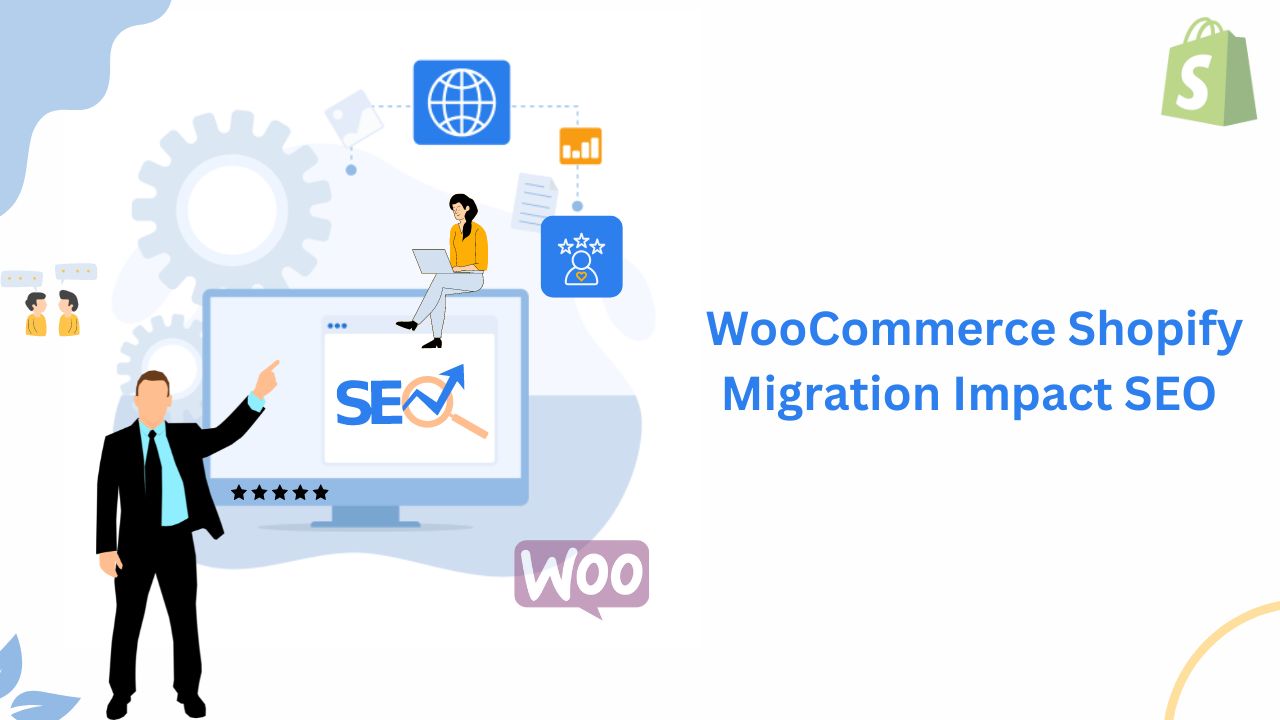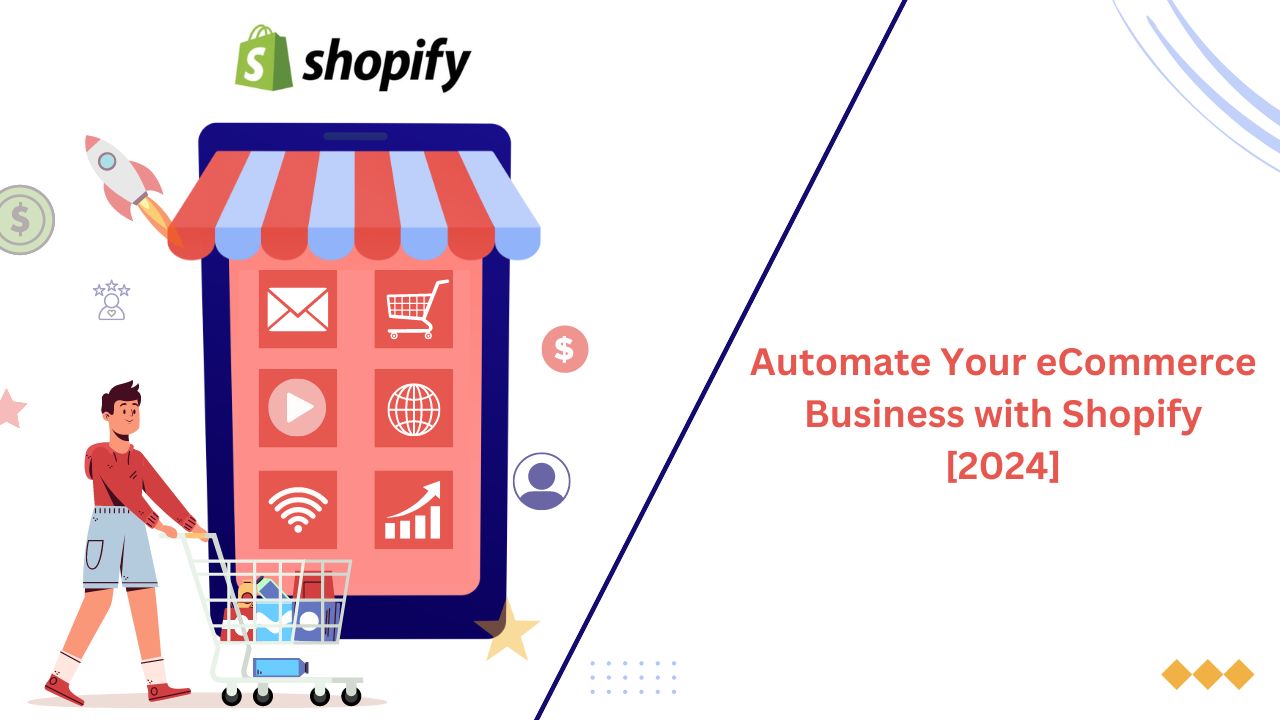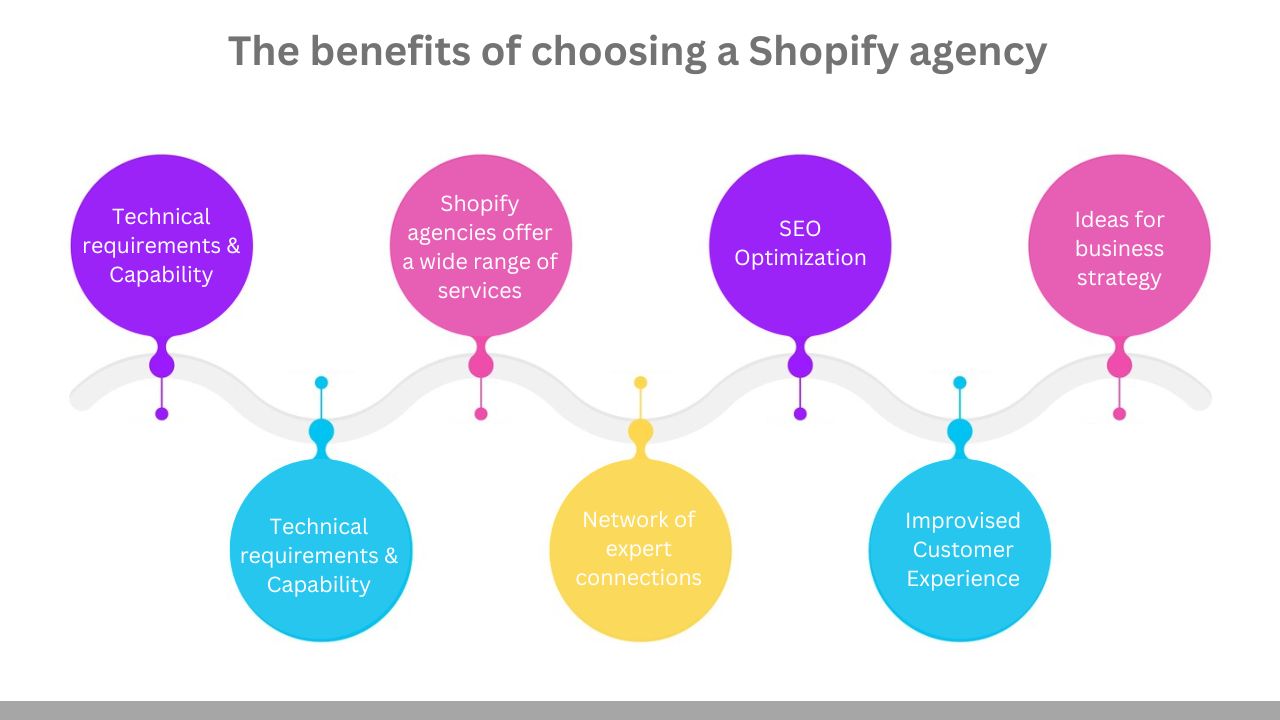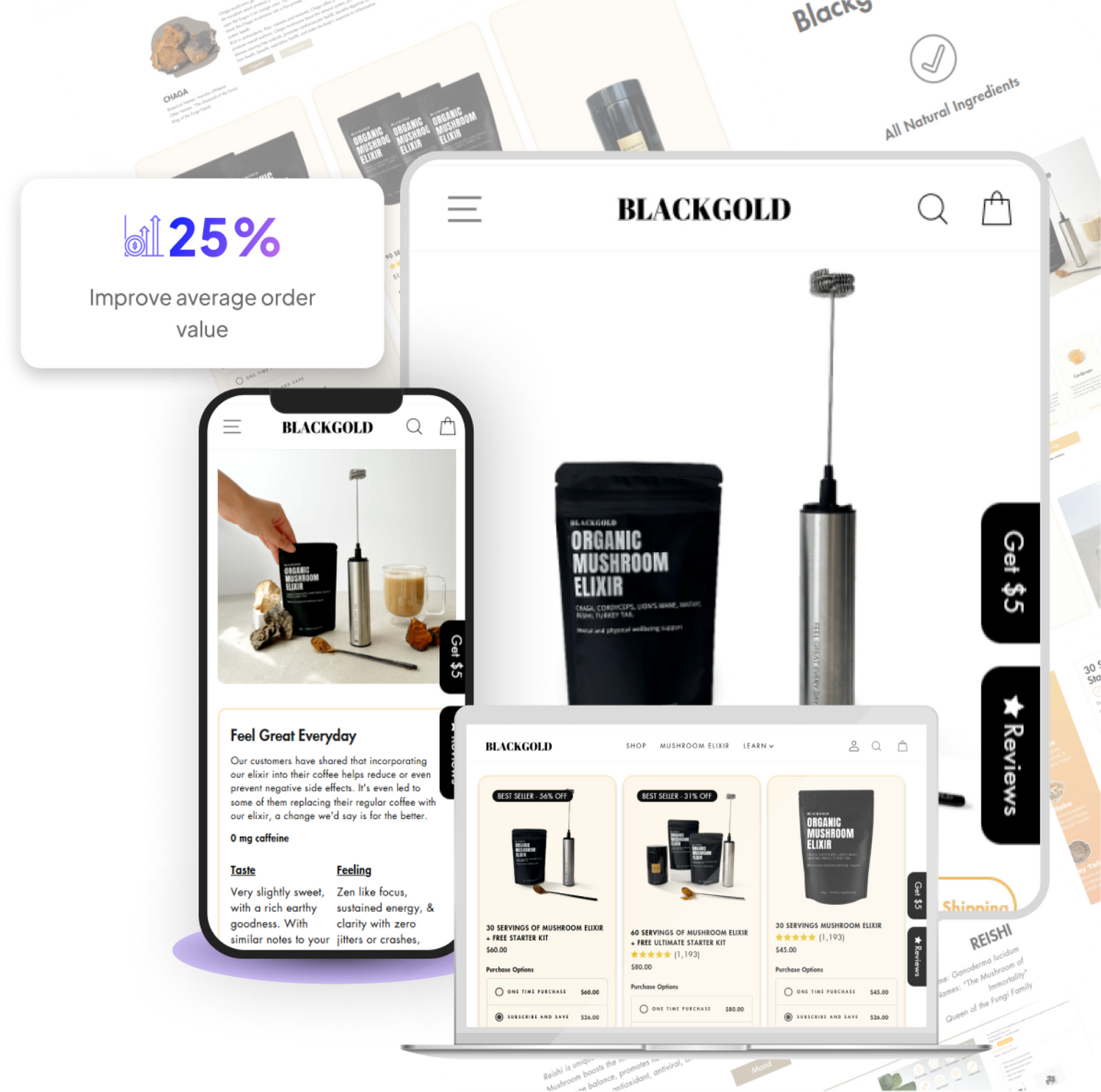Based on the search results provided, artificial intelligence (AI) will play a crucial role in enhancing the capabilities of the Internet of Things (IoT) in the following ways:
AI will enable more efficient data processing and analysis of the massive amounts of data generated by IoT devices.
AI algorithms can identify patterns, detect anomalies, and extract valuable insights from IoT data, allowing organizations to make more informed decisions and optimize their operations.
AI will enable real-time decision-making by IoT devices, without relying on cloud connectivity. By leveraging AI at the edge, closer to where the data is generated, IoT devices can make instant decisions, enabling faster response times, reducing network congestion, and ensuring critical processes can continue uninterrupted.
AI will improve the efficiency and automation of IoT-enabled processes. AI-enabled IoT devices can autonomously perform tasks and make decisions based on real-time data, streamlining operations, enhancing efficiency, and reducing the need for human intervention.
AI will enable more personalized and intuitive user experiences with IoT devices. By analyzing user behavior and preferences, IoT systems can tailor their functionality and settings to meet individual needs, creating a more personalized experience.
AI will play a central role in the digital transformation of various industries, as the combination of AI and IoT (known as AIoT) will unlock new possibilities for businesses to harness data in real time, leading to improved decision-making and operational efficiency.
In summary, the integration of AI and IoT will revolutionize industries, enhance consumer experiences, and drive innovation across various sectors in the future.
Some examples of AI and IoT being used together
Some examples of AI and IoT being used together include:
Robots in Manufacturing: In the manufacturing industry, robots equipped with AI algorithms and sensors can learn from data, improving efficiency and reducing costs over time.
Robots in manufacturing play a crucial role in enhancing the capabilities of the Internet of Things (IoT) in the future by revolutionizing operational processes and driving efficiency.
The integration of Artificial Intelligence (AI) and IoT in manufacturing offers significant benefits such as predictive maintenance, quality control, supply chain optimization, and worker safety.
AI-powered robots automate tasks, collaborate with human workers, optimize production processes, and improve efficiency, leading to increased productivity and reduced labor costs. Additionally, AI and IoT enable manufacturers to optimize energy consumption, reduce costs, and minimize environmental impact by analyzing data from smart meters and sensors.
The combination of AI and IoT in manufacturing results in increased efficiency, improved quality, cost reduction, enhanced safety, scalability, and flexibility, ultimately driving profitability and competitive advantage.
The Internet of Robotic Things (IoRT) is emerging as a disruptive technology in manufacturing, combining robotics with IoT sensors and AI to create a network of internet-connected robots capable of collecting data, interpreting surroundings, and interacting with precision and awareness.
IoRT technology enhances traditional robots by enabling them to learn, reason, and adapt to changing demands, leading to streamlined workflows, increased productivity, and reduced costs in manufacturing environments.
The potential of IoRT to become an industry staple in manufacturing is significant, with widespread adoption expected due to its cost-effectiveness and ability to deliver substantial returns on investment.
By leveraging AI-driven predictive maintenance, autonomous robotics, and interconnected sensors, smart factories in the auto sector are reducing costs, increasing efficiency, and adapting swiftly to market demands, ensuring competitiveness in a dynamic industry landscape.
The future of manufacturing lies in harnessing the full potential of AI and IoT technologies to create safer, more efficient, and agile production environments, driving continuous innovation and transformation in the manufacturing sector.
Self-driving Cars: Companies like Tesla utilize AI in self-driving cars to predict road conditions, optimize speed, and enhance safety by analyzing data from various sensors.
Self-driving cars, powered by artificial intelligence (AI), play a significant role in enhancing the capabilities of the Internet of Things (IoT) in the future by revolutionizing transportation systems and connectivity. AI algorithms in autonomous vehicles process sensor data, recognize patterns, identify objects, and make real-time decisions on navigation, safety, and efficiency.
These vehicles rely on high-definition maps, GPS data, and a network of sensors to understand their surroundings, plan routes, and respond to changing conditions, showcasing the integration of AI and IoT technologies.
The continuous learning capability of AI enables self-driving cars to improve performance through data analysis and experience, contributing to safer and more efficient transportation systems.
In the context of IoT, self-driving cars generate vast amounts of data from sensors and cameras, highlighting the importance of transparent data management, data anonymization, and robust cybersecurity measures to address privacy concerns and ensure public trust in the technology.
The interconnected nature of self-driving cars with IoT systems allows for enhanced connectivity features, improved vehicle safety, and increased fuel efficiency, ultimately transforming how vehicles operate on the road and how they interact with the surrounding environment.
The potential impacts of self-driving cars on the automotive industry and the broader economy include revolutionizing transportation, creating new business opportunities, and increasing productivity through optimized travel time, benefiting both businesses and individuals alike.
Retail Analytics: Retailers use AI and IoT to analyze customer movement data from cameras and sensors, optimizing staffing levels and improving checkout processes.
Retail analytics in artificial intelligence (AI) significantly enhance the capabilities of the Internet of Things (IoT) in the future by revolutionizing the retail sector through data-driven insights and operational efficiency. The convergence of AI and IoT technologies in retail analytics enables businesses to optimize customer experiences, streamline operations, and drive profitability.
AI-powered retail analytics leverage real-time data from IoT devices, sensors, and cameras to provide personalized services, dynamic pricing, and real-time promotions, enhancing customer engagement and increasing consumer spend.
By analyzing in-store data and consumer behavior, AI enables retailers to make informed decisions, improve inventory management, optimize supply chain operations, and enhance store planning, ultimately leading to improved efficiency and profitability.
Furthermore, AI-driven retail analytics empower businesses to lower costs, prevent losses, and optimize processes, crucial factors during peak shopping periods like Black Friday and Cyber Monday. The integration of AI and IoT technologies allows retailers to monitor product movements, track inventory, and manage logistics effectively, ensuring smooth operations and efficient stock control during high-traffic sales events.
The future of retail analytics lies in leveraging AI and IoT solutions to deliver personalized advertising, improve customer experiences, optimize supply chain operations, and drive operational efficiency, positioning retailers at the forefront of innovation and competitiveness in the evolving retail landscape.
Smart Thermostat Solutions: Products like Nest's smart thermostat use AI-powered IoT to adjust temperatures based on schedules and preferences, enhancing user comfort and energy efficiency.
Smart thermostat solutions in artificial intelligence (AI) play a crucial role in enhancing the capabilities of the Internet of Things (IoT) in the future by revolutionizing energy efficiency, occupant comfort, and home automation. These smart thermostats leverage AI algorithms to analyze data from various sources, such as sensors, weather forecasts, and user behavior, to optimize temperature settings and energy consumption.
By utilizing AI, smart thermostats can detect patterns, adjust settings based on occupancy levels, and proactively adapt to changing conditions, leading to increased energy savings and enhanced comfort for occupants.
Moreover, smart thermostats with AI capabilities offer personalized experiences by adjusting settings based on individual preferences, creating unique and comfortable environments for users.
In summary, smart thermostat solutions powered by AI are poised to transform the way homes manage temperature control, energy efficiency, and occupant comfort, contributing to a more sustainable and intelligent IoT ecosystem in the future.
These examples showcase how the integration of AI and IoT technologies is transforming industries, enhancing user experiences, and driving innovation in various sectors.
AI improves the security of IoT devices
AI can improve the security of IoT devices in several ways:
Anomaly Detection: AI algorithms can analyze sensor data and network traffic to identify anomalous behaviors that may indicate the presence of a cyber threat. By detecting unusual patterns, AI-based security solutions can alert the appropriate teams to potential security risks.
Real-time Threat Detection: AI can monitor system logs, network activity, and other data sources to detect both known and unknown cyber threats. Through continuous learning and adaptation, AI enhances its detection capabilities over time, enabling real-time threat detection and response.
Malware Detection: AI can examine files and source code to detect malware, including zero-day attacks. By leveraging AI capabilities, IoT devices can identify and prevent malware infections, significantly enhancing overall security posture
Behavioral Analysis: AI can monitor the behavior of IoT devices and identify suspicious activities that may indicate a cyber-attack. For instance, if an IoT device starts communicating with an unfamiliar server, an AI-based security solution can detect this behavior and alert the security team.
By leveraging AI technologies like machine learning and deep learning, IoT devices can benefit from advanced threat detection, anomaly identification, and proactive security measures, ultimately enhancing the overall security of IoT ecosystems.

























